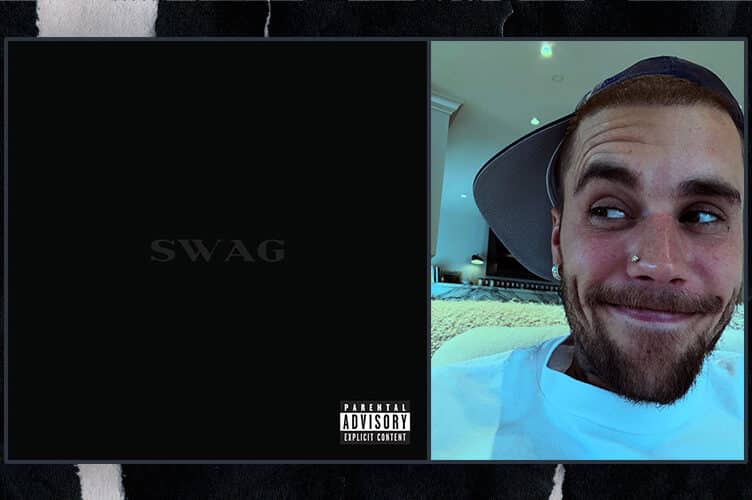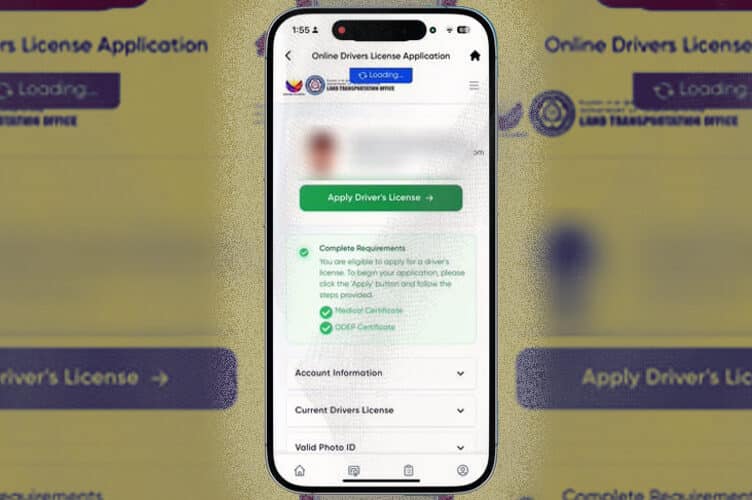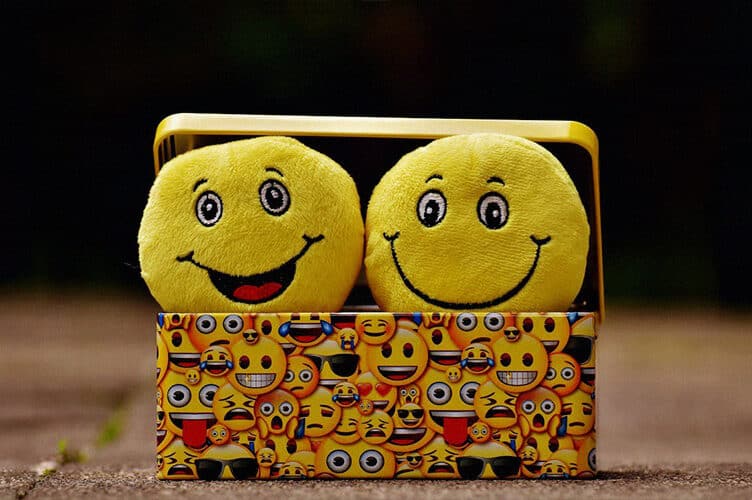I still remember it. Even though sometimes, I don’t want to.
The faint and sickly orange smell of the bus’ air freshener. The stream of people in the aisle, trying to find their seats. The coldness of the glass window against my touch.
And that homeless girl, lying down on a cardboard spread over the sidewalk.
Her shirt, its original color obscured beneath layers of grime, was bunched up around her stomach. Her limbs were frail and caked with dirt, her legs marred by scars.
She seemed to be about my age then—six years old—but looking back, I couldn’t be certain. In my stint as a Development Communication student working with different marginalized communities, I saw how malnutrition burdens growth. That might be her case.
Her poverty was a painting outside my window, a distant, untouchable image, a scene from a film that would never touch my reality.
It should have been a fleeting memory, something that I would forget once the bus pulled away.
But for some reason, it stayed.
Her image would surface unexpectedly, intruding upon the ordinary.
During class, in the middle of a lecture, I would imagine her as one of my classmates— sitting in a uniform, raising her hand to answer a teacher’s question, whispering and passing secret notes to her friends.
At the mall with my mom, while picking out clothes, I’d imagine her alongside us—an imaginary sister. I’d wonder about her favorite color, whether she liked dresses or pants, and mentally trade her tattered shirt for something beautiful. Like dressing a Barbie doll, I wanted to transform her, to pull her into my world.
When we eat out in fancy dinner restaurants, she’d be beside me, a phantom of my childish wonders. I’d picture a plate set for her, filled with her favorite foods. Has she ever tasted pasta? I used to love it as a kid. What about milkshakes or ice cream? I’d wonder, knowing deep down it was unlikely. In fact, I doubted if she had ever felt the simple satisfaction of a full stomach.
Whenever I indulge in these musings, they always leave a hollow ache in my chest.
The scenes I crafted in my mind would shatter under the weight of reality. She would not be in school but out the streets. She would not wear the dresses I imagined her wearing. And it was unlikely that she would taste all the delicious foods that were readily available to me.
There were also moments when I would put myself into her shoes, to imagine what her world must feel like— living in a cardboard box, scavenging for food in the trash, and wearing the same tattered clothes day after day.
I never did that when others were around though. I was what the adults in my family would call a balat-sibuyas. They said I was too sensitive. Too dramatic. Too “girly”, as though being emotional is a weakness inherent to my gender.
But really, I was just an empathic child— a trait that is tied to being human. A characteristic that distinguishes us from beasts of nature, who most often only care about themselves.
A conflicting experience with ‘empathy’
Empathy. One simple word. But what does it mean?
In their article, ‘The Psychology and Emotional Cognitive of Empathy’, Lesley.edu website defines ‘empathy’ as “a broad concept that refers to the cognitive and emotional reactions of an individual to the observed experiences of another.”
Cambridge Dictionary offers a much simpler definition: “the ability to share someone else’s feelings or experiences by imagining what it would be like to be in that person’s situation”.
Whatever definition they have, experts seem to conclude that empathy is a beneficial practice for a society. In fact, one study even goes so far as to say that empathy is a good predictor of relationship satisfaction, and that it is a fundamental practice in maintaining healthy relationships.
But if that’s the case, why is it often considered a weakness? Why do we mock friends who cry at emotional movie scenes? Why, when we know someone kind who has been hurt, do we call them “uto-uto” instead of placing the blame on the person who wronged them?
Why do we like to punish those who exercise empathy?
Growing up, I learned to avert my eyes to avoid seeing people like the girl. I learned the hard way that kindness is viewed as a weakness, and that empathy can be weaponized. I experienced the betrayal of trust and the abuse of my generosity from people I loved the most.
High school was especially hard. The 6-year-old balat-sibuyas me would never have survived it.
I was bullied by many of my classmates, subjected to social isolation because I was meek and quiet.
I experienced humiliation bordering abuse from some of my teachers just because I find it difficult to keep up with their style of teaching.
I was betrayed by some friends, despite showing them nothing but kindness and empathy.
It was a painful realization that pushed me to hate exercising kindness. If these people refuse to empathize, then why should I?
Experiencing bullying and abuse have caused me so much trauma and issues about my self-esteem so I decided to do something about it.
With Senior High School came the change of environment, and with that came the opportunity for reinvention. I promised myself that I would never make the same mistakes I did in high school, that I would never be too kind again, that I would not care for anyone else aside from myself and my immediate circle.
But that decision didn’t exactly lead to my betterment. I became too aloof, too defensive. I pushed people away from me, and missed opportunities to connect with them.
Worst of all, I surrounded myself with walls that kept away even those who were closest to me.
Self-reinvention and a return to empathy
It took me a while to realize that exercising empathy was never really the issue. Instead, it was understanding where and how to set boundaries, ensuring I didn’t give too much of myself to others without receiving the same care in return.
My college life in Los Baños, Laguna, introduced me to a vibrant, close-knit community where empathy was always at the heart of interactions.
I met classmates, dorm mates, and friends who, despite the rigorous and often taxing academic environment, never viewed me as their competition.
My professors were also deeply empathic, always voicing their support and extending their understanding, especially during the most challenging times like the COVID-19 pandemic. They understood that we weren’t just students—they saw us as individuals facing personal struggles too, and they made space for our well-being amidst the academic pressures.
This kind of community interaction allowed me and others to thrive, to reach for our true potential. I, who had once been called “bobo,” “idiota,” and other degrading names by my high school teacher, was able to graduate with honors. And not just that: because of the support shown to me by people I didn’t expect it from, I was able to reach new heights and present my study internationally.
It was people’s empathy and encouragement that helped me see beyond the labels placed on me in the past. The genuine care and support of my peers and mentors empowered me to achieve what I once thought was beyond my reach. It was through this that I discovered the power of empathy, not only in myself but in others as well.
This brought me back to the beggar girl I once saw outside the bus window. In a way, I was not so different from her. The empathy I developed in my college years became a mirror, intertwining the way I felt for her. But unlike the girl who endured harshness on the street, I received the opportunities for empathy and understanding that allowed me to thrive, feel seen, and be supported in my struggles.
I now understand that what I thought of as weakness—being empathetic—was actually the very strength I needed to be resilient and, ultimately, succeed.
I know it’s unlikely that I will encounter the girl again, but if fate allows, I hope that when I do, I can offer her the same kindness and understanding that was extended to me. Because no matter where we come from, we all deserve to be seen and heard, and that a small act of care can change someone’s world.
How useful was this post?
Click on a star to rate it!
Average rating 0 / 5. Vote count: 0
No votes so far! Be the first to rate this post.
We are sorry that this post was not useful for you!
Let us improve this post!
Tell us how we can improve this post?







